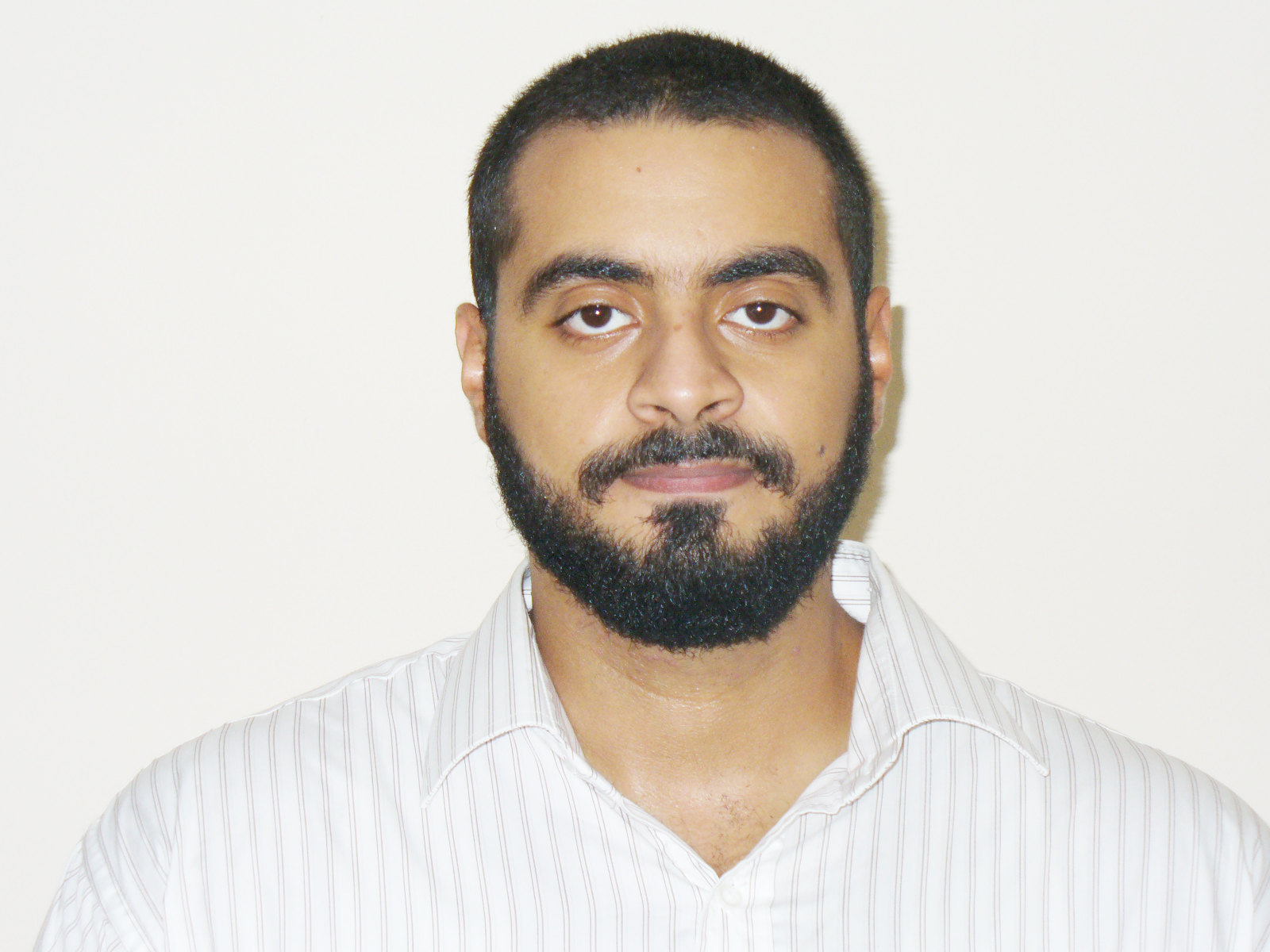
Members of the National Council for Human Rights (NCHR) met on Monday with human rights lawyers and representatives from political movements to discuss torture complaints by those detained during the third anniversary of the 2011 revolution, as the Ministry of Interior meanwhile denied the validity of the torture accounts.
Among the 1,079 the Ministry of Interior reported to have arrested on 25 January, at least 79 are being held at Abu Zaabal Prison. All have reported being subjected to torture, according to their lawyer Mahmoud Belal.
George Ishaq, NCHR member, said the council will submit a memorandum describing the poor conditions in which detainees are held and the alleged violations they face to interim President Adly Mansour, interim Prime Minister Hazem El-Beblawi and Prosecutor General Hisham Barakat.
“Should they fail to respond to our memorandum, we will make such a response public,” Ishaq said.
The Nation without Torture campaign also condemned the recent security crackdown following the revolution’s third anniversary. In a statement released on Monday, the campaign accused the Ministry of Interior of torturing “the majority” of detainees arrested on that day. Torture methods reported by the campaign included forcing detainees to stand for hours while subjecting them to verbal abuse, “inhumane” facilities, electrocution and beatings.
The Ministry of Interior, however, denied torture allegations reported by those who had been preventively detained. In a statement released on Tuesday, the ministry expressed its readiness to receive complaints from inmates, adding it will look into such complaints and take “decisive measures” against all those who are found complicit in committing “violations or delinquencies”.
The ministry highlighted a decision by Minister of Interior Mohamed Ibrahim to move those preventively detained to prisons in Cairo to facilitate family visitations. It stressed that the ministry’s “work doctrine has changed in a way which makes the ministry insistent on sticking to human rights standards”.
Freedom for the Brave, a recently launched campaign calling for the immediate release of detainees arrested from political protests, was one of the movements which attended the Monday meeting with the NCHR. The campaign released a statement listing the demands it had submitted to the council.
The demands included improving detention conditions, announcing the number of detainees and their detention locations, calling on the prosecution to halt conducting investigations with detainees inside detention facilities and announcing the reasons for preventively detaining them. They also called on the NCHR to visit the detention facilities, both prisons and the state security camps.
Nation without Torture called on the authorities to abide by international human rights standards and respect ratified international conventions, including the United Nations Convention against Torture. The campaign specifically demanded that the state ratify the convention’s additional protocol, which would allow civil society organisations to monitor detention facilities.
The interior ministry said on Tuesday it welcomed visits by human rights organisations, whether they are official or civil, to detention facilities. The ministry urged media outlets to “check the validity of allegations before spreading them” by coordinating with the ministry.
The Freedom for the Brave campaign submitted to the NCHR alleged torture accounts of several detainees held since 25 January, condemning the practice and calling for an investigation of their accounts. Campaign member Khaled Abdel Hameed said that security practices against detainees reflect the return to former President Hosni Mubarak’s regime.
Nation without Torture said that “revolutionary youth” were peacefully expressing their opinions on 25 January when the police faced them with “unprecedented brutality” which amounted to the use of live ammunition against the protesters, during certain incidents in Central Cairo, in an effort to disperse them.
The campaign cited Article 52 of the newly passed constitution, which refers to torture as a “crime not subject to a statute of limitations”.
“If the party expected to respect the law is the same party which completely disregards it, how can we ask citizens to respect the law and the constitution?” The statement read.
The campaign called on the interior ministry to “immediately and seriously” investigate the torture allegations and turn over to justice those accountable for it. It also urged the prosecution to “activate” its role in overseeing detention facilities, monitor violations that take place and handing over perpetrators.
Over 1,000 protesters were arrested during demonstrations marking the third anniversary of the revolution. Citing a number of unnamed detainees, a report published by human rights watchdog Amnesty International last week claimed that arrested protesters were subjected to beatings and torture through electrical shock. The detained included men and women, both minors and adults.

